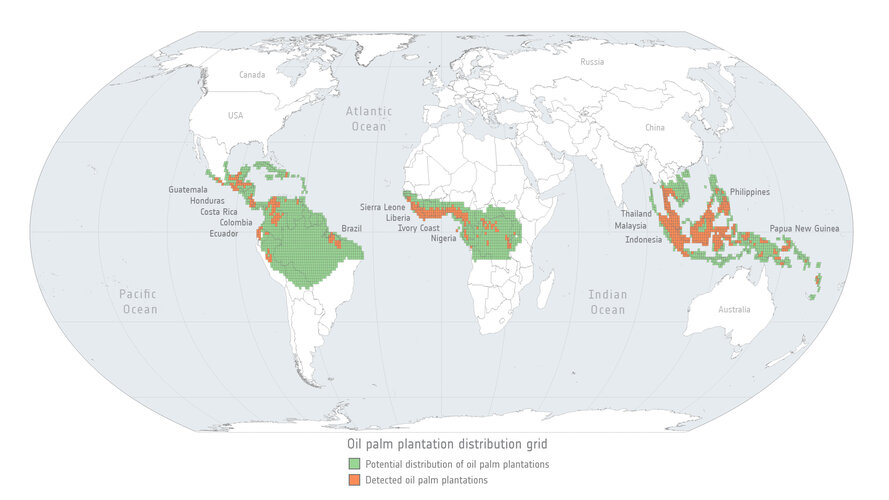
The team found that traders commonly source commodities ‘indirectly’ via local intermediaries (aggregators, cooperatives and other middlemen). The leading traders each sourced 12-44% for soy, 15-90% of palm oil, 94-99% of live cattle and essentially 100% of cocoa indirectly.
This distinction between direct and indirect sourcing is significant as it’s inevitably more challenging for traders to identify the source of its products – and check for deforestation or other sustainability risks – when the trader is (at least) one-tier removed from the product’s origin.
Erasmus zu Ermgassen, lead author of the paper and scientist at UC-Louvain, commented, “Indirect sourcing is a major blind spot for sustainable procurement efforts. Indirect sourcing is ignored by many sustainable procurement efforts across the cattle, soy, cocoa, and oil palm sectors.
“Efforts to trace commodities from farm to fork should be enabled by producer government policies which prioritise transparency and unlock data on supply chains. In order to deliver on promises to eliminate deforestation sectoral sustainability initiatives, we need to acknowledge, monitor, and report on indirect sourcing – and ultimately ensure it doesn´t remain a barrier to delivering on sustainability goals.”
Zoltan Szantoi, ESA’s Land Applications Scientist and co-author of the paper, commented, “The research here draws conclusions based on in situ data, showing that indirect sourcing of major agricultural commodities might limit companies’ efforts on sustainable procurement, and consequently, on their zero deforestation commitments.
“On the other hand, the Copernicus Sentinel-1 and Sentinel-2 satellites are providing data which can be utilised for accurately monitoring agricultural areas, as we’ve shown with cocoa in the Ivory Coast, as well as deforestation and thus, support such efforts.”



